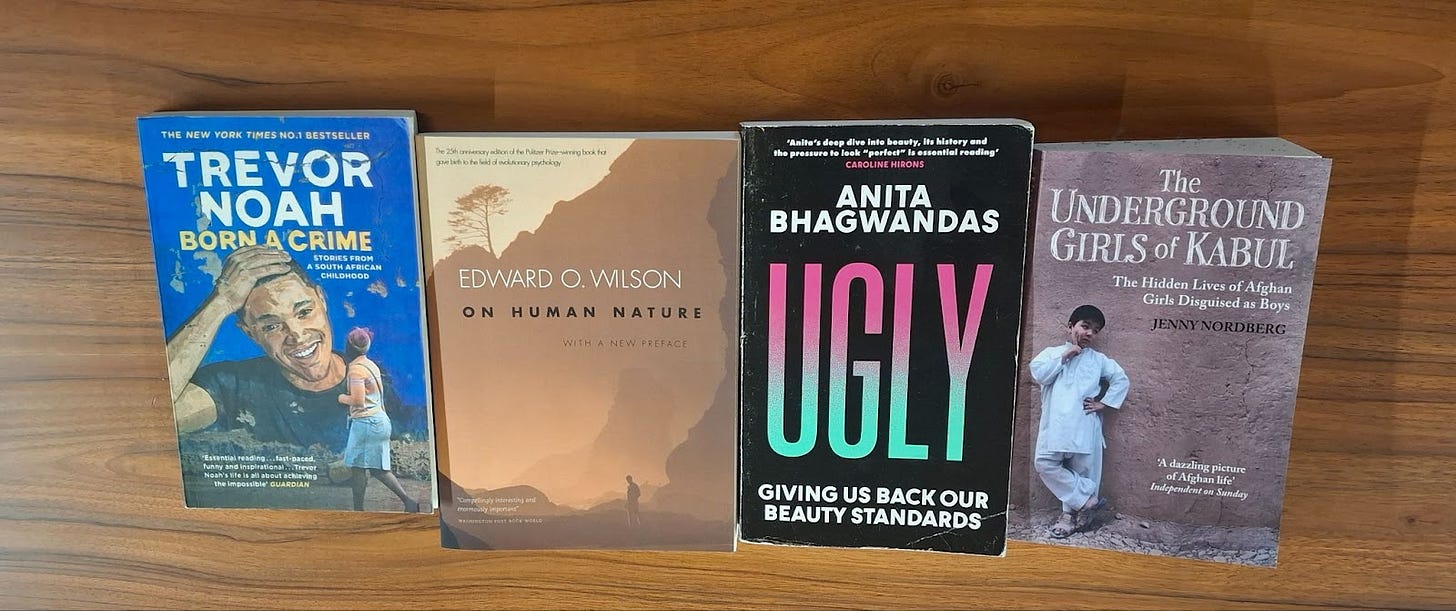An Austen Commentary on Pahalgam?
I cannot forget the follies and vices of others so soon as I ought, nor their offences against myself. My feelings are not puffed about with every attempt to move them. My temper would perhaps be called resentful. My good opinion once lost is lost for ever.”
You may be forgiven, dear reader, for perhaps not immediately placing the origin of this searing quote.
Delivered by widely beloved literary hero, Mr. Fitzwilliam Darcy from Jane Austen’s famed novel, Pride and Prejudice (published in the year 1813) the remarks are directed toward heroine Elizabeth Bennet in response to her enquiry about defects in Mr. Darcy’s character.

Austen’s writing has often been labelled as timeless, drawing readers’ attention to the profound in otherwise staid and banal happenings, and so we may be justified in transposing her character exposition of Mr. Darcy over to the realm of geopolitics.
Perhaps like this male protagonist of Pride and Prejudice, it will be hard for India to quickly forget the vices, follies and offences of its Western neighbour.
In that vein, if we were to answer how India should chart its post-Pahalgam course, we would begin by offering some prudent perspective from Takshashila Co-Founder and Director, Nitin Pai:
“It is not my purpose to offer a saccharine-coated story that makes everyone feel good. Rather, it is important for us to recognize that if we stay the course, we will be able to diminish the impact of Pakistani mischief on India’s future”.
As New Delhi maps a way forward, Nitin’s recent column in The Mint revisits salient historical context around the bilateral relationship and warns of three pitfalls to be mindful of, including not allowing bilateral (Darcy-esque?) resentment to “spill over into domestic strife”.
To read his thoughtful advice in its entirety, follow this link.
Could China Be Betting on Pakistan? Anushka Thinks Yes…
And what is the Chinese view on the simmering Pahalgam tensions between India and Pakistan?
China's posturing around the state of India-Pakistan relations has largely stuck to three assertions, which express its implicit support for Pakistan's position, writes Takshashila Indo-Pacific Studies Programme Staff Research Analyst, Anushka Saxena in her recent opinion piece in NDTV.com.
Anushka cites examples of how the incident is framed in popular Chinese media platforms, as well as the advice offered to India in light of the attack. As well, she draws on statements by Chinese Foreign Minister Wang Yi and Chinese Foreign Ministry spokesperson Guo Jiankun and lastly, commentary around the ostensible ineffectiveness of India actions toward Pakistan, to form her compelling analysis.
To read her piece in full, follow this link.
‘Tis the Season for a US-India Trade Deal!
You know how the saying goes, dear reader: the best time for a trade deal was within Trump’s first 100 days, the second-best time is now. Well…it may be a slight variation of the oft cited adage, but it rings true nonetheless.
Takshashila’s Professor of Economics, Anupam Manur, provides timely and thoughtful analysis on how India’s trade policymakers should navigate the post-Liberation Day landscape, both with the US and other nations.
In his recent Op-Ed for The Indian Express, he writes:
The US is India’s largest trading partner and the only major economy with whom it has a trade surplus, a position which India would be keen to preserve. Given that the world is embroiled in trade tensions with the US and most of India’s competitors may attract a tariff rate higher than India, it should give a competitive edge to Indian firms. One of the important lessons from this episode is that the US is no longer an all-season reliable trading partner and to mitigate random policy shifts from the US in the future, it is imperative for India to hedge its bets.
To read his analysis and recommendations in full, follow the provided link.
All Things Policy Episode of the Week: China and Maritime Power…
Takshashila Head of Geospatial Programme, Dr Y. Nithiyanandam is in conversation with Vice Admiral Anil Kumar Chawla (Retd), unpacking all things Chinese maritime policy - need we say more?
To listen to their informative exchange, follow this link.
Takshashila Tabletop Trove!
Welcome back to the Tabletop Trove of Dispatch! As you may well know, this section is intended to be a virtual repository of the books that sit at a high-table located in Takshashila’s physical office space in Bengaluru, Karnataka.
This week’s re-curated theme is ‘Living with Oneself’:
Ugly: Giving Us Back Our Beauty Standards (Anita Bhagwandas)
On Human Nature (Edward O. Wilson)
The Underground Girls of Kabul: The Hidden Lives of Afghan Girls Disguised as Boys (Jenny Nordberg)
Born A Crime: Stories from a South African Childhood (Trevor A. Noah)
This edition of the Dispatch was written by Kripa Koshy, Programme Manager for Takshashila’s Post Graduate Programme in Public Policy.




